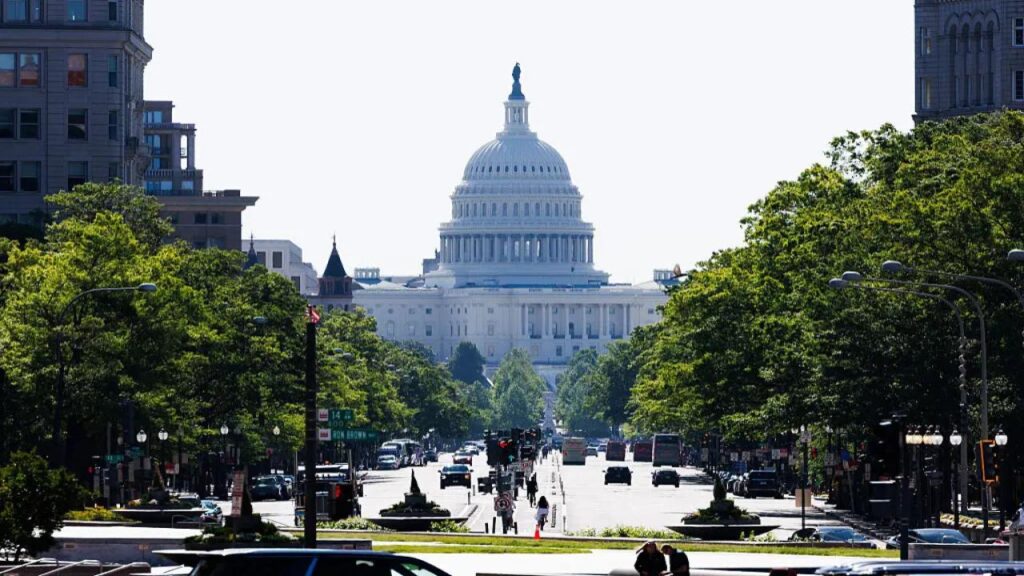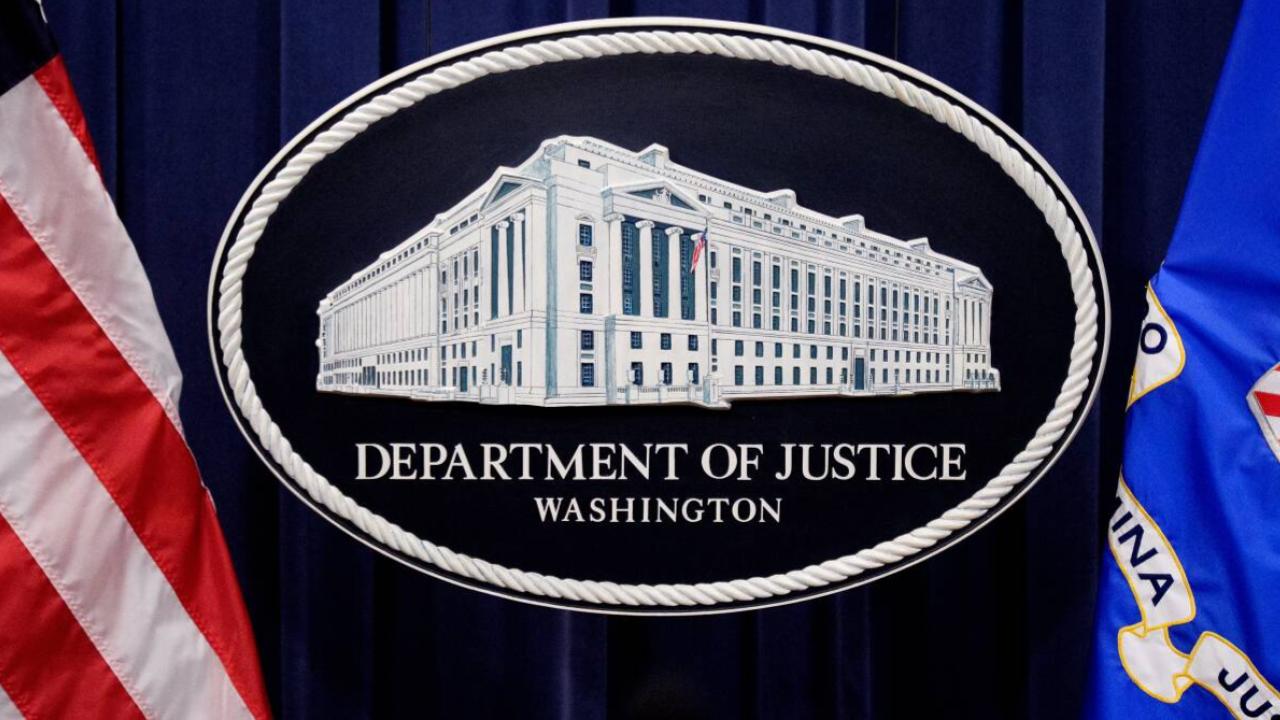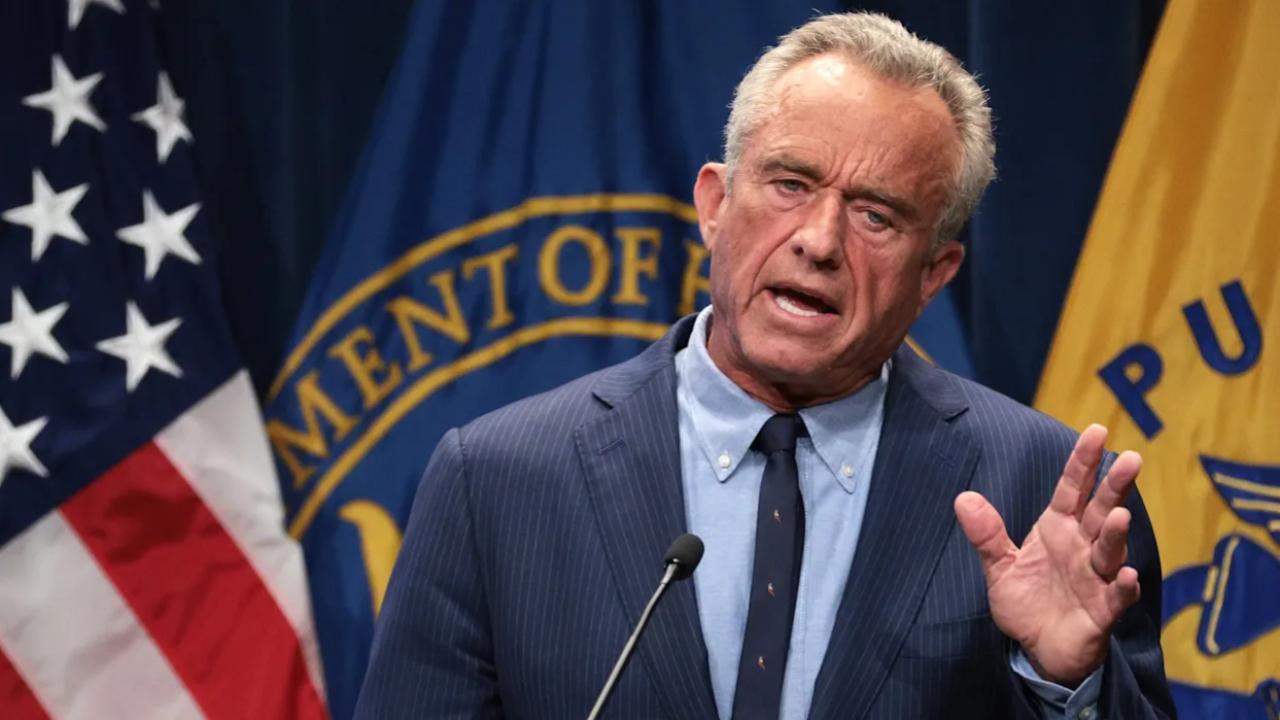America’s economy is gearing up for a massive shake-up, and at the heart of it lies one of the most controversial and impactful debates in Washington: the future of U.S. tax policy. Known in political circles and business headlines as the 2025 tax battle, this brewing storm could make or break financial futures—from the working-class Joe and Jane to big corporations and government programs.

Tax Battle 2025 Overview
| Topic | Details |
|---|---|
| Main Debate | Whether to extend or revise the 2017 Trump-era Tax Cuts and Jobs Act (TCJA) |
| Expiration Deadline | End of 2025 |
| Proposed Changes | Making individual tax cuts permanent, excluding overtime/tips from taxes |
| Corporate Tax Proposal | Lowering corporate tax rate from 21% to 20%, and 15% for U.S. manufacturers |
| Projected Deficit Impact | $2.7 trillion increase over 10 years (per CBO & Moody’s) |
| Spending Cuts Proposal | $900 billion in cuts—includes Medicaid and green energy |
| House Republican Target Date | Final floor vote by July 4, 2025 |
The 2025 tax battle is more than a political fight—it’s about your money, your future, and the country’s economic survival. While tax cuts sound good on the surface, they come with trade-offs that need serious consideration.
Whether you’re a paycheck-to-paycheck hustler, a business owner, or a retiree counting on that Social Security check—this debate directly affects you. Stay informed, speak up, and get ready to pivot, because your financial future might be on the line.
What’s the Tax Battle Really About?
Here’s the deal: back in 2017, President Trump signed the Tax Cuts and Jobs Act (TCJA) into law. It slashed individual and corporate tax rates, raised the standard deduction, and put a cap on state and local tax (SALT) deductions. But many of those benefits for everyday Americans are set to expire by the end of 2025.
Now, fast forward to today. Republican lawmakers want to make those tax cuts permanent, plus toss in new goodies like tax-free overtime and tip income, and eliminate taxes on Social Security benefits.
Sounds sweet, right?
Well, hold up. Critics, including Democrats, budget watchdogs, and even some moderate Republicans, say the plan is fiscally reckless. Why? Because extending these cuts could blow a $2.7 trillion hole in the federal budget over the next decade.
What’s In the New GOP Tax Plan?
Let’s break it down Barney-style:
Individual Tax Cuts — Extended & Expanded
- Make 2017 individual tax cuts permanent
Lower tax brackets that were originally temporary would stay for good. - Bigger standard deduction stays
That chunk of income you can deduct before taxes? It won’t shrink. - Tips and overtime? Tax-free
The plan proposes not taxing overtime or tip income—a big plus for service workers. - Social Security income = tax exempt
Retirees would no longer have to pay income tax on their Social Security checks.
Corporate Tax Cuts—Sweet Deal for Big Biz
- Corporate tax drops from 21% to 20%
Companies keep more of their earnings. - 15% rate for domestic manufacturers
Companies that build stuff in the U.S. get an even bigger break.
Spending Cuts—Here’s the Catch
To offset the lost tax revenue, the plan suggests slashing $900 billion in federal spending. Targets include:
- Medicaid (healthcare for low-income folks)
- SNAP and nutrition assistance
- Green energy projects and climate programs
Critics warn these cuts would hit the most vulnerable Americans hardest, just to fund breaks for the wealthy.
So, What Does It Mean for You?
Here’s how it might hit home:
- If you’re a worker earning tips or clocking overtime, you could see a bump in take-home pay.
- If you own a small business, the lower corporate tax rate may boost profits.
- If you rely on Medicaid or SNAP, you might face reduced benefits or stricter eligibility.
- If you’re retired, your Social Security checks could grow—thanks to zero tax on benefits.
But keep in mind: these perks come at the cost of rising national debt, which could later mean higher interest rates, weaker credit ratings, and cutbacks on federal services.
Economic Impacts—The Good, the Bad, and the Ugly
Let’s cut through the noise with some real numbers.
The Good
- Boost to GDP: Proponents argue that lower taxes = more spending = stronger economy.
- Job creation: Tax breaks for manufacturers may revive U.S. jobs in key sectors.
The Bad
- Ballooning deficit: According to the Congressional Budget Office (CBO), the plan could add $2.7 trillion to the deficit.
- Interest rate hikes: As debt piles up, borrowing gets riskier. That means higher loan rates for businesses and consumers alike.
The Ugly
- Cuts to healthcare and food aid: Programs that keep millions afloat may be downsized or gutted.
- Weakened safety net: If things go south, America’s most vulnerable could be left hanging.
What Are the Political Odds?
Right now, the tax plan is advancing through the House Ways and Means Committee. But it ain’t smooth sailing:
- Some GOP members want more aggressive cuts to social programs.
- Others are fighting over the SALT cap, which affects high-tax states like New York and California.
- Democrats are expected to oppose the bill entirely unless major changes are made.
A full House vote is expected before July 4, with Republicans pushing hard for a summer win. But even if it passes the House, it faces an uphill battle in the Democrat-controlled Senate.
What Should You Do Now?
Track Your Tax Bracket
Visit the IRS’s tax bracket tool to see how proposed changes might affect you:
IRS Brackets
Check Your Benefits
If you rely on federal programs like Medicaid or SNAP, stay updated with your state agencies. These cuts might not be immediate, but planning ahead is smart.
Talk to a Tax Advisor
With so much uncertainty, it’s worth getting personalized advice. Whether it’s retirement planning, small business strategies, or just figuring out your W-2—knowledge is power.
Let Your Voice Be Heard
This tax debate affects everyone. Write your Congress member or join a local forum. Decisions made in D.C. could reshape your paycheck for years.
Frequently Asked Questions (FAQs)
Q1: What is the TCJA and why is it expiring?
A: The Tax Cuts and Jobs Act (2017) introduced temporary tax cuts for individuals set to expire by 2025 unless renewed.
Q2: Will my income taxes go up in 2026 if nothing passes?
A: Yes. If Congress doesn’t act, individual tax rates will revert to pre-2017 levels—which are higher.
Q3: Is Social Security really going to be tax-free?
A: That’s the proposal, but it’s still being debated. If passed, this could mean bigger monthly checks for retirees.
Q4: Why are some people against the tax plan?
A: Critics argue it would inflate the deficit, favor the rich, and gut programs that help low-income Americans.
Q5: What happens next?
A: The bill is expected to hit the House floor before Independence Day 2025. Then, it faces a Senate showdown.






